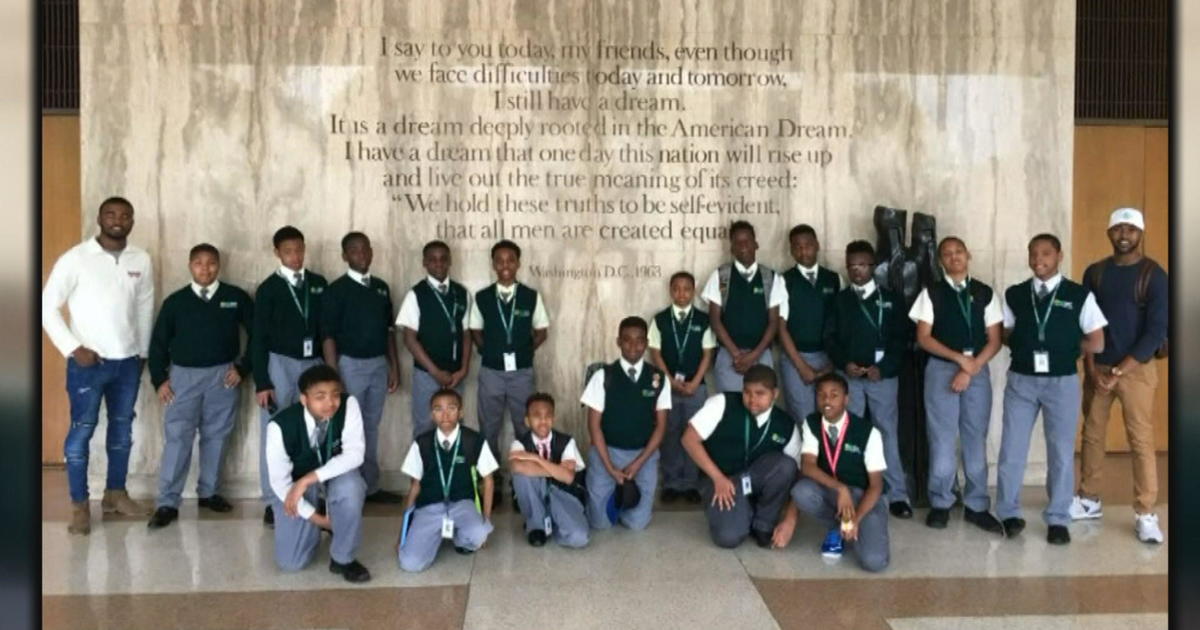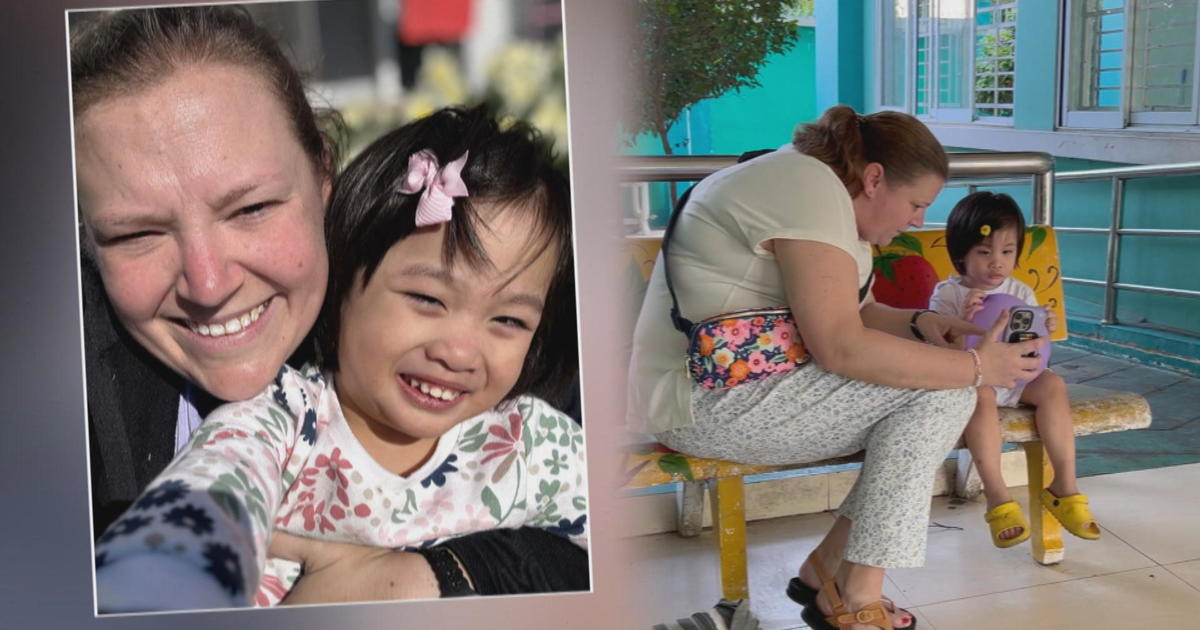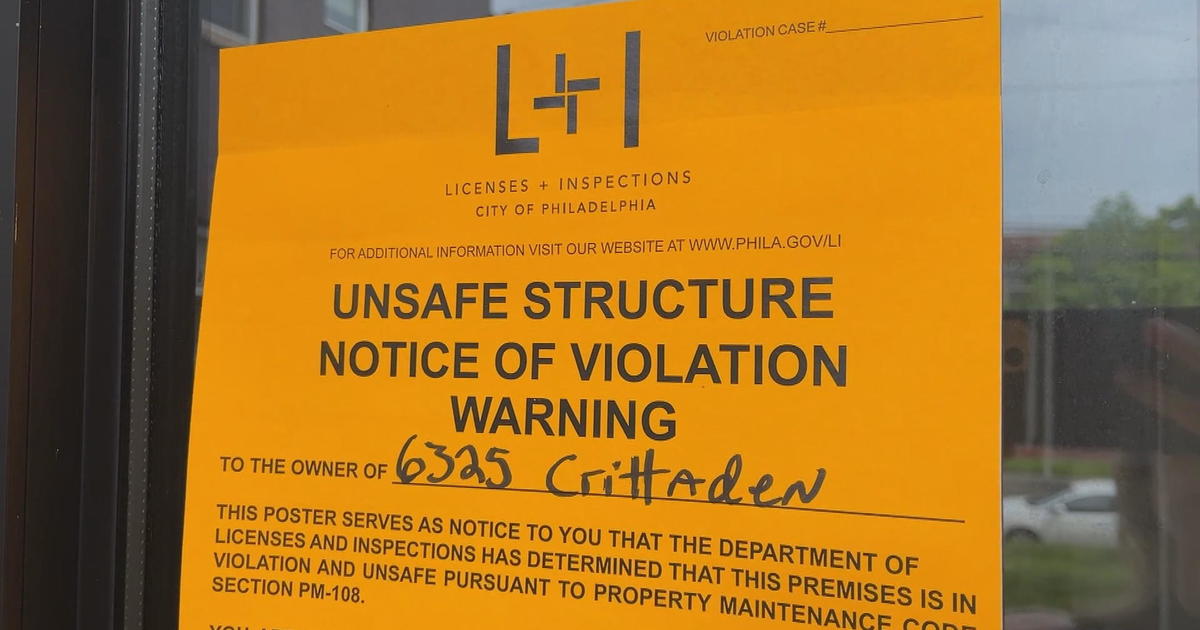Researchers Find Way To Prevent Transmission Of Hepatitis C In Organ Transplant Patients
PHILADELPHIA (CBS) -- New research shows there's a way to prevent organ transplant patients from being infected with the hepatitis C virus. It's an issue that's a byproduct of the deadly opioid crisis.
Doctors say more donated organs are infected with hepatitis C and many are declined as a result. But now doctors are finding a way to use those organs and prevent transmission of the disease.
You'd never know that three years ago Conor Sullivan was in organ failure. A virus attacked the Air Force veteran's heart and he needed a transplant.
"Being on the transplant list, it's a constant worry in your mind of when you are going to get the call, if you are going to get the call," Sullivan said.
About 1,000 patients die every year waiting for heart or lung transplants because there aren't enough organs available. Now, doctors are doing research involving organs infected with the hepatitis C virus.
Some Students Pushing Back After Temple University Announces Ban On Using Tobacco Products On Campus
"I decided it was a good idea because it would allow me to get a heart quicker," Sullivan said.
The new study shows researchers have been able to prevent transmission of the virus by treating heart and lung transplant patients with antiviral medications.
"We started treatment of these patients as soon as it was safe to do so, within a few hours after transplant," Dr. Ann Woolley, an infectious disease specialist at Brigham and Women's Hospital, said.
In the study of 35 patients, there was a 100% success rate.
"They had cleared their virus in the majority of the patients within a few days, all by around the two-week mark," Dr. Woolley said. "We saw no difference in outcomes in the hepatitis C group compared to the non-hepatitis C group."
After 18 months of waiting, Sullivan finally got his new heart. The 25-year-old is now training to run the Boston Marathon.
"It means a lot to me, I think I have a lot of people to thank and this will be for them," Sullivan said.
The University of Pennsylvania had similar research where they successfully transplanted hepatitis C-infected hearts into 10 uninfected patients and then cured them of the virus. Research is continuing.



